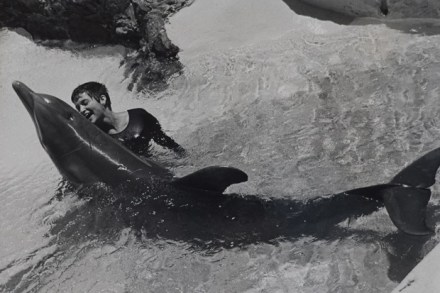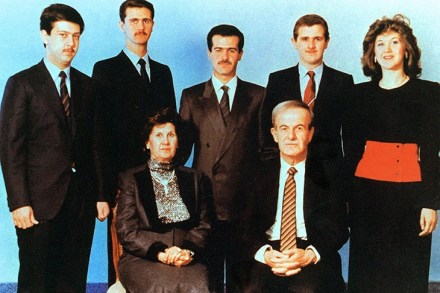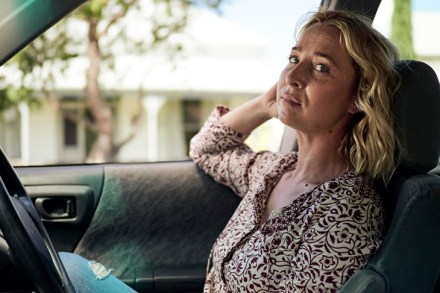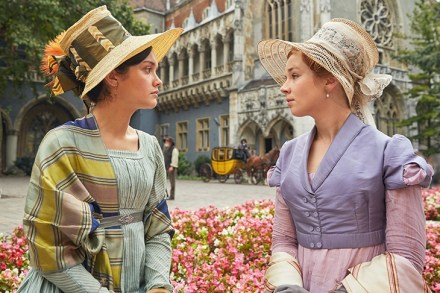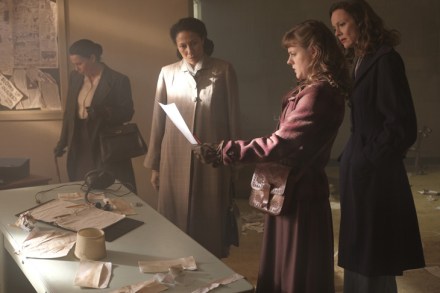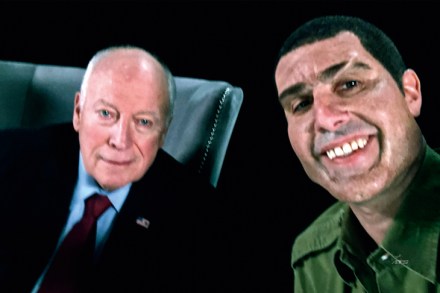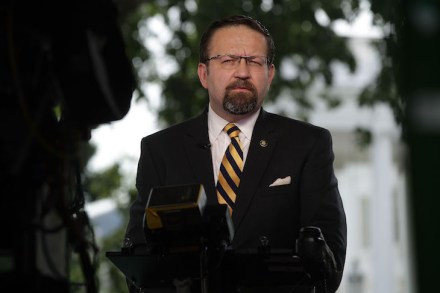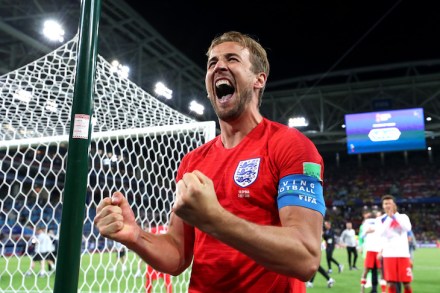Her dark materials | 1 November 2018
The Little Drummer Girl (BBC1, Sunday) is the new John le Carré adaptation from the production company that brought us The Night Manager. It’s also directed by Park Chan-wook from South Korea, a man generally referred to by film buffs as an ‘auteur’. All of which may be just as well, because with a less distinguished pedigree, the first episode might possibly have seemed a bit corny. The opening section, for example, featured the impeccably complicated delivery of a Palestinian bomb to the Bonn residence of a Jewish attaché in 1979, and would, I’m fairly sure, have proved exciting enough without being cunningly overlaid by a series of loudly ticking
